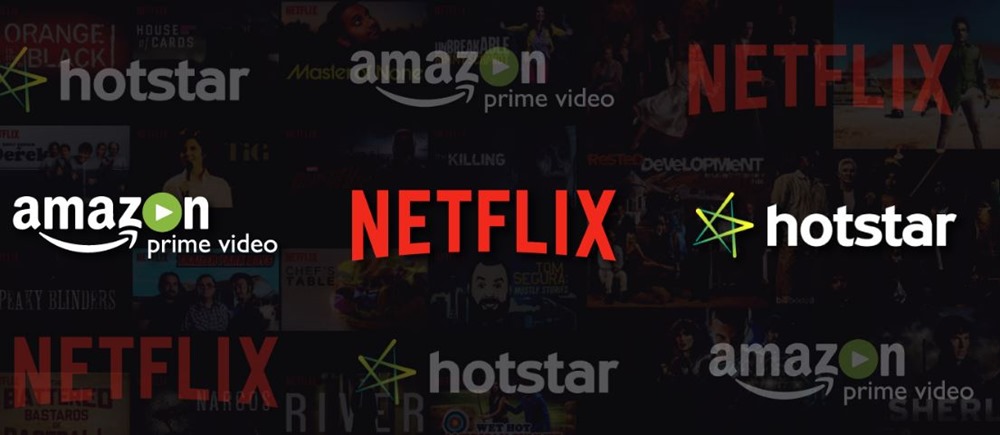Mumbai based multimedia company, Viacom18, is reportedly planning to collectively request the Indian government to delay or revamp the proposed broadcasting bill.

Streaming Giants Planning to Challenge New Broadcasting Bill
Mukesh Ambani’s Viacom18 operates JioCinema, Netflix, and other streaming giants.
The executives of leading OTT platforms strategize on approaching the government to request a delay and potential overhaul of the bill, in a private meeting this week, according to the sources.
This all about the introduction of a new draft law by the center last month which is aimed at regulating both the broadcasting sector and streaming giants.
Basically, this law suggests establishing individual content evaluation committees comprising members from diverse social groups.
The responsibility of these committees would be to review and approve shows before their release.
It appears that the streamed content currently escapes government-appointed board review and certification unlike films in Indian cinemas.
Why Would This Happen?
The streaming industry seems to fear that the proposed legislation could prove burdensome.
Further, it is seeking either a delay or a more favorable revision of the bill.
To the unawares this bill is still open for public consultation until December 10.
The streaming giants like Netflix and others are concerned that the proposed content committees may result in too many pre-screening checks.
Thus posing implementation challenges due to the large volume of online content that would need prior review, the sources close to the matter said.
In addition to this, the news agency that the streaming executives, during this week’s meeting, flagged that the law could impact the industry’s growth.
How Does This Help?
Contrary to the belief, the government contends that the new law and the establishment of content committees are aimed at fostering “robust self-regulation”.
Besides this the bill also allows the government to determine the committee’s size and quorum, hence ensuring that only “duly certified” shows can be broadcast.
But it cannot be denied that they have concerns about potential extensive government oversight on streaming platforms, the sources noted.
In the meantime, from January 2022 and March 2023, out of a total online video consumption of 6.1 Tn minutes, the premium category’s share increased from 10% in 2021 to 12% in India, as indicated by a report from Media Partners Asia (MPA).
With this, the country’s premium video consumption now aligns with that of Indonesia, Thailand, and the Philippines, where the share stands at approximately 10%.
So far, YouTube dominated the online video category, capturing 88% of the total watch time, as per the report.











